Prudhomme says decision to stop Tour de France was 'only one possible'
Tour director points to atrocious weather conditions, and landslide
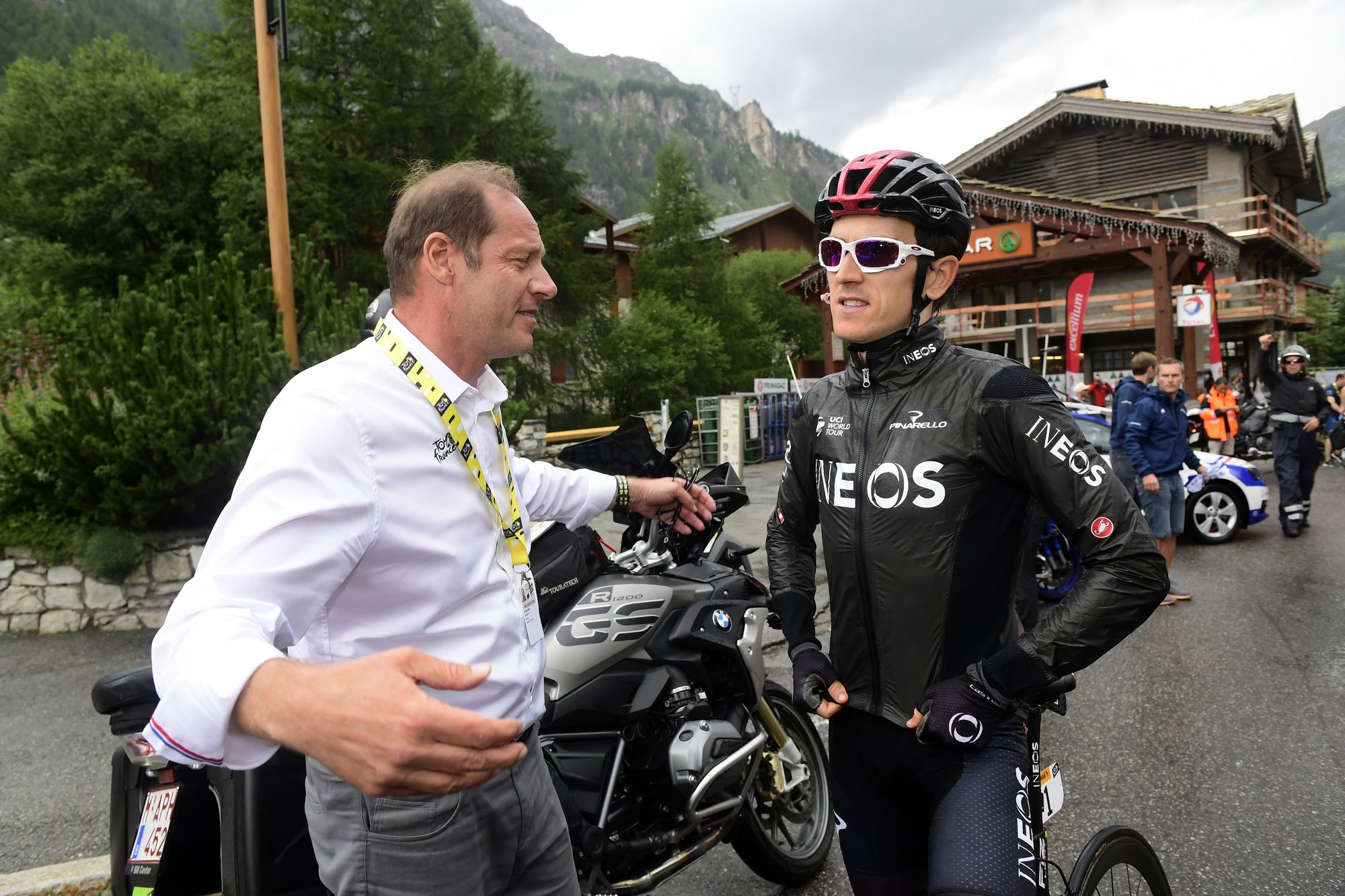
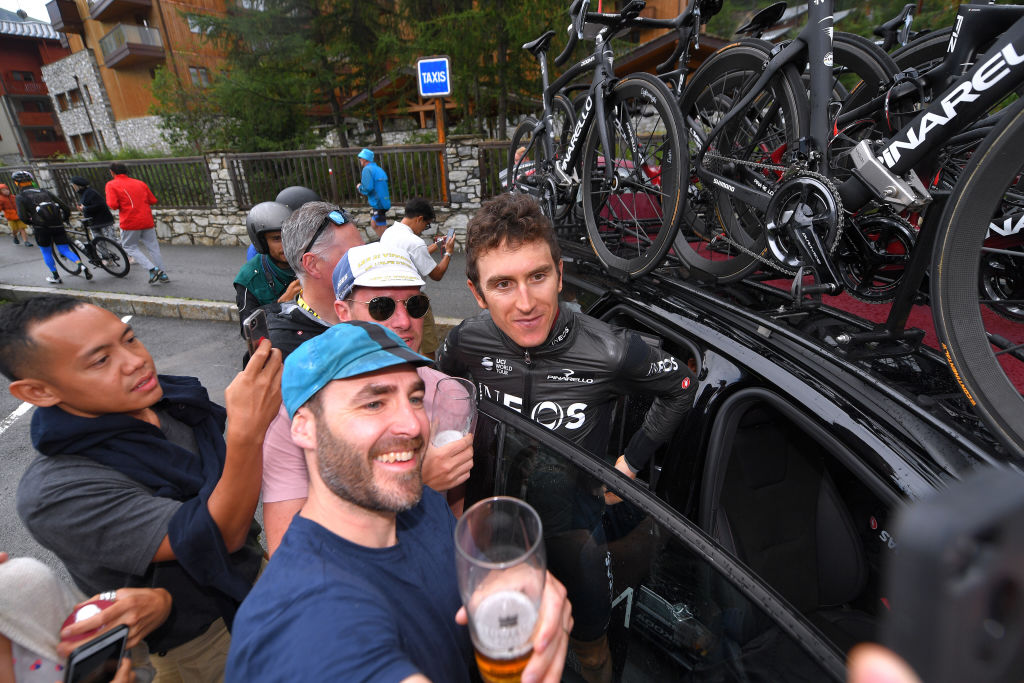
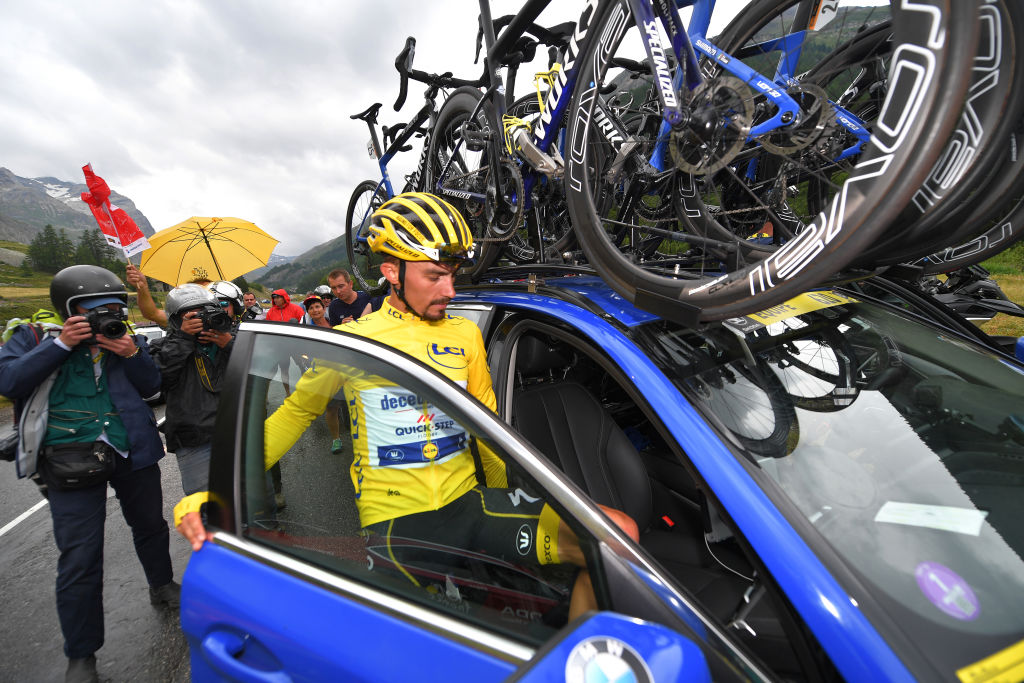
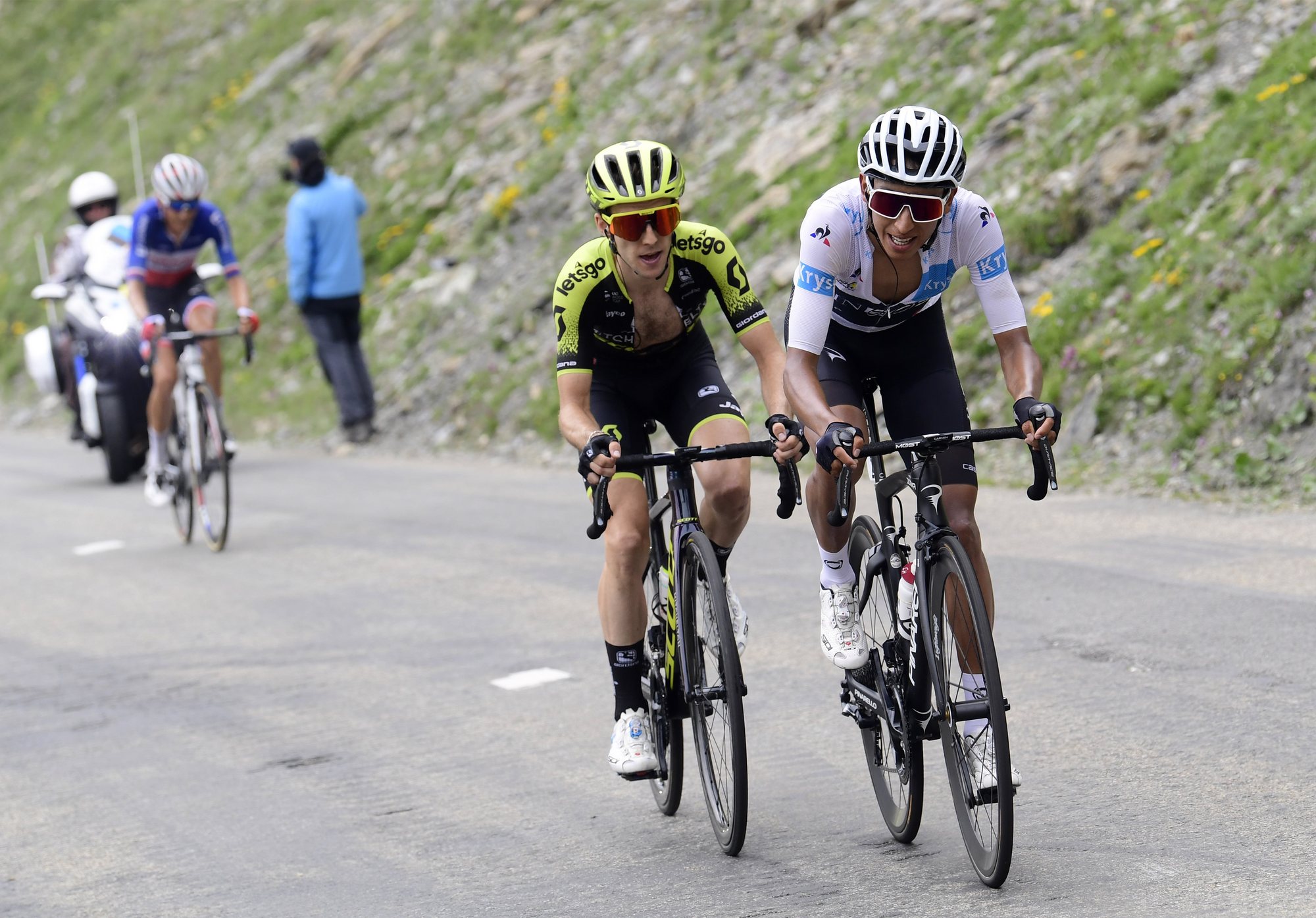
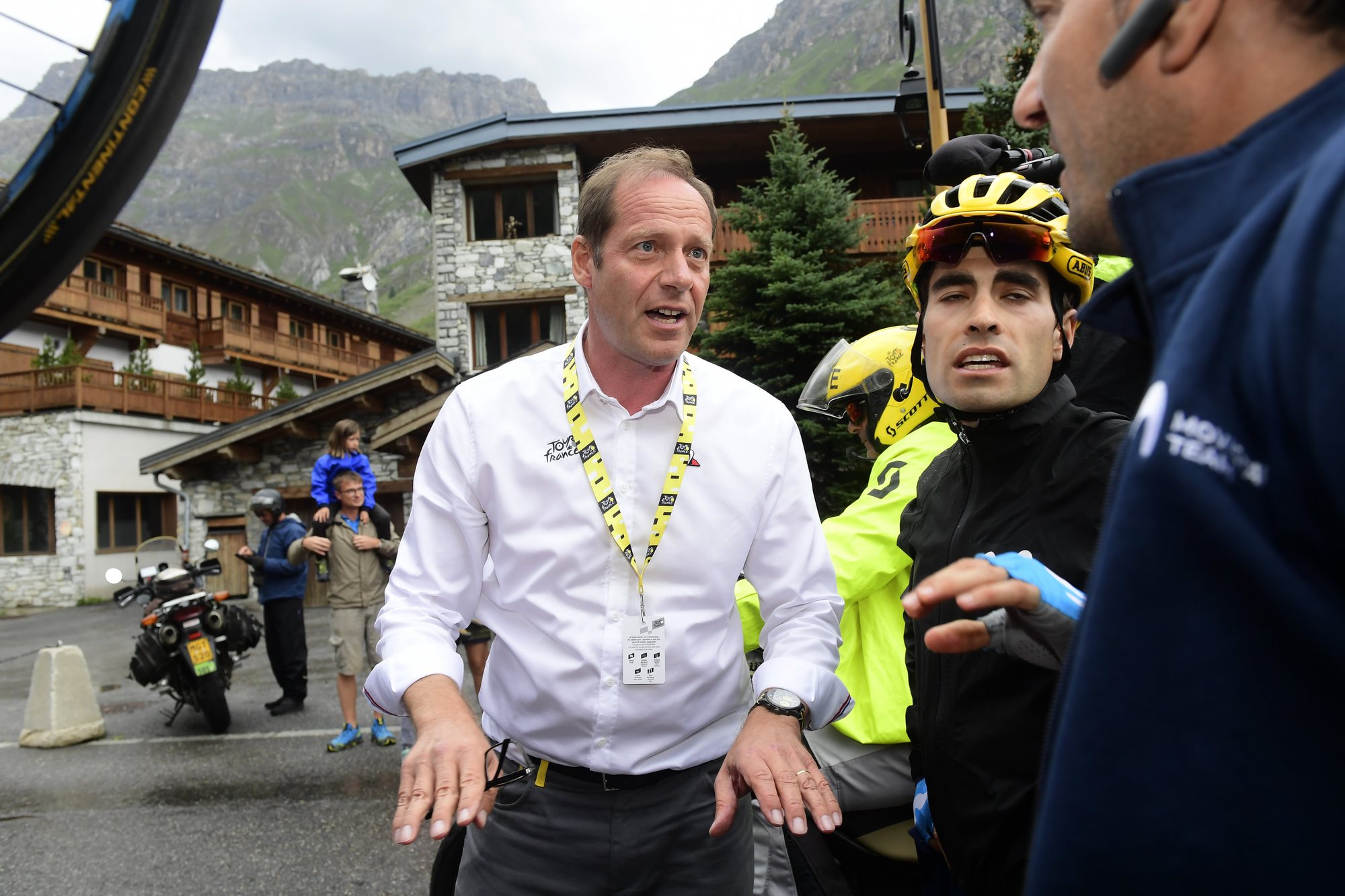
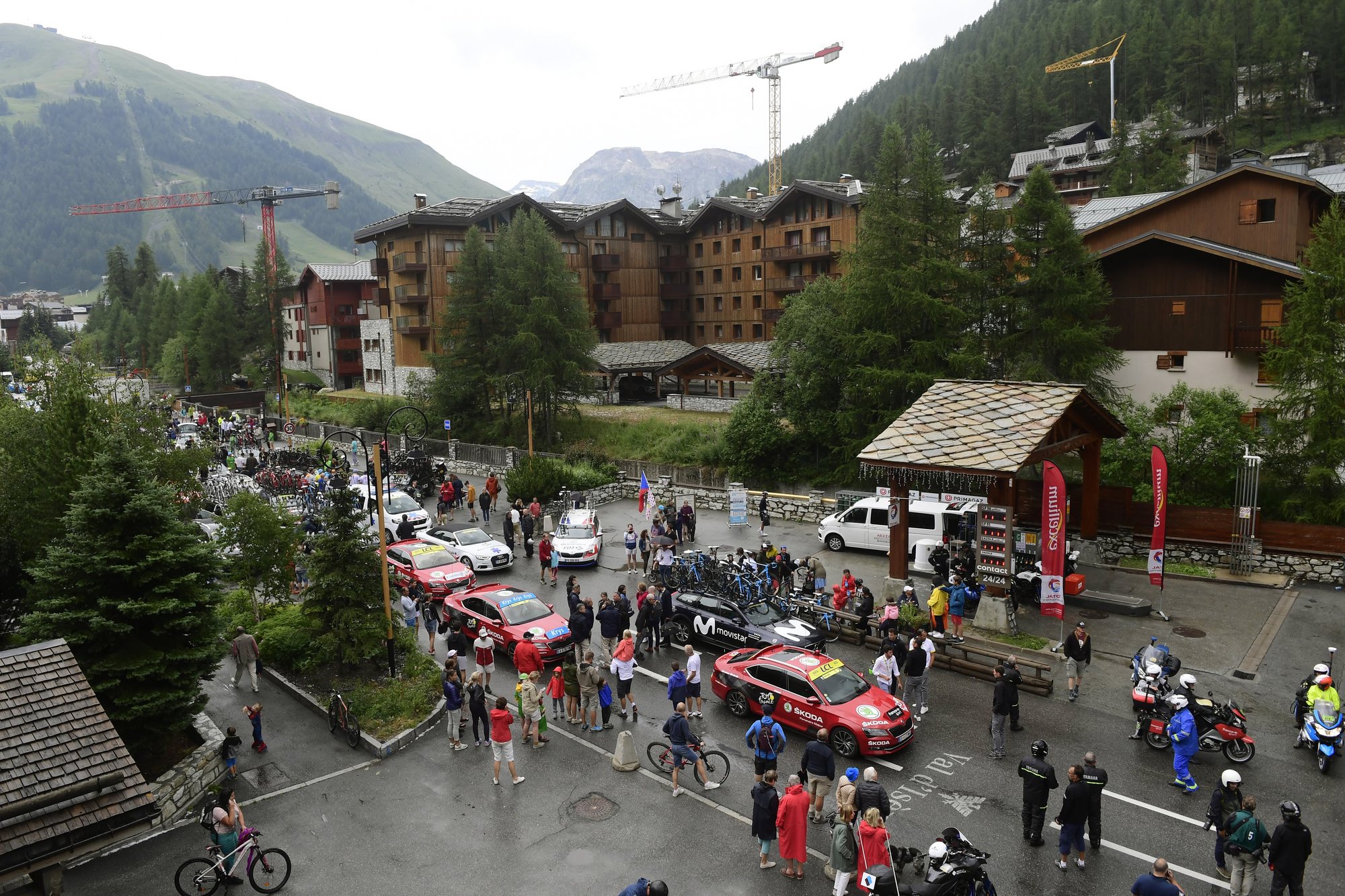
Pulling the plug on the biggest bike race in the world on a stage where it is about to be won and lost is one which can never be made easily - but as Christian Prudhomme, ASO's Tour de France general director explained after the curtailed stage 19, the race organisation had absolutely no choice.
The Tour de France has had stages shortened before because of bad weather, such as in 1996 in the Alps when the stage to Sestrieres was cut to only 46km and won by Bjarne Riis. Strikes have also caused stages to be started but cancelled, as happened in 1982 and again in 1998, during the scandal-struck race when it finished in nearby Aix-les-Bains.
But on Friday the ASO's decision to stop a stage when it was in full flight and approaching its climactic final moments was, because of the weather conditions, inevitable. The race route was covered with ice and blocked by a sizeable mudslide on what would have been a fast descent.
It has been a tough, tumultuous, day for the Tour all round, with Prudhomme's mention of the death of a Tour race photographer this morning from a heart attack helping to put the events of into some kind of perspective.
In terms of the race itself, Prudhomme said, the risks of continuing were far too high to make it worthwhile.
"The first big concern is rider safety and under those circumstances, we had to stop," Prudhomme told reporters afterwards. "So we took a very quick decision with the president of the UCI commissaires and [race director] Thierry Gouvenou to take the times at the top of the Iseran and stop the race."
It seemed bizarre, given the weather over the race itself was not bad - very heavy rain, but nothing that stopped stages before. However, as Romain Bardet - whose team, AG2R La Mondiale, is based in nearby Grenoble, explained later, in the Alps it is very normal in the summer to have extremely bad storms concentrated in a very small geographical area.
The latest race content, interviews, features, reviews and expert buying guides, direct to your inbox!
"There was a hail and rain storm, hailstones the size of ping-pong balls when we were on the descent and we sent vehicles ahead to try and clear the ice," Prudhomme said. "But they quickly told us it was impassable, particularly with the mud on top of the ice.
"The riders didn't understand at first what was going on but with the ice, and then the mud, it was the only possible decision. We had no choice. In any case, in five or ten kilometres, they'd have had to stop anyway. As soon as we showed them the photos, they understood."
He recognised that there were inevitably major knock-on effects for the race, "but there was nothing we could do. Taking the times at the summit of the Iseran was making the least bad solution. No stage winner, then, but a new yellow jersey with Egan Bernal (Ineos) and a richly deserved one at that."
The situation was the same on Saturday's route, forcing Prudhomme to chop 71km off of the final key stage of this year's Tour de France, too.
"Due to the difficult weather conditions expected tomorrow and land slides noticed, the course of the 20th stage of the Tour de France will be modified," the ASO announced, describing the stage as heading straight from Albertville to Moutiers, skipping both the intermediate sprint and two classified climbs, the Cormet de Roselend and the Cote de Longefoy, leaving Val Thorens as the only classified ascent of the race.
The 33.5km climb averages 5.5 per cent gradients, and will be the last chance for the overall contenders to unseat race leader Egan Bernal (Team Ineos).
Alasdair Fotheringham has been reporting on cycling since 1991. He has covered every Tour de France since 1992 bar one, as well as numerous other bike races of all shapes and sizes, ranging from the Olympic Games in 2008 to the now sadly defunct Subida a Urkiola hill climb in Spain. As well as working for Cyclingnews, he has also written for The Independent, The Guardian, ProCycling, The Express and Reuters.
